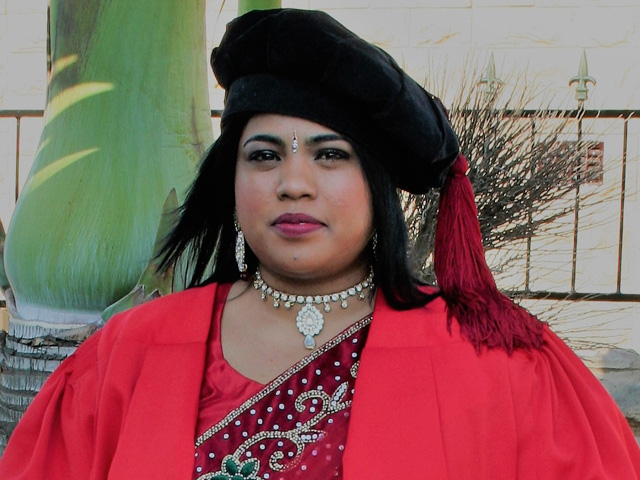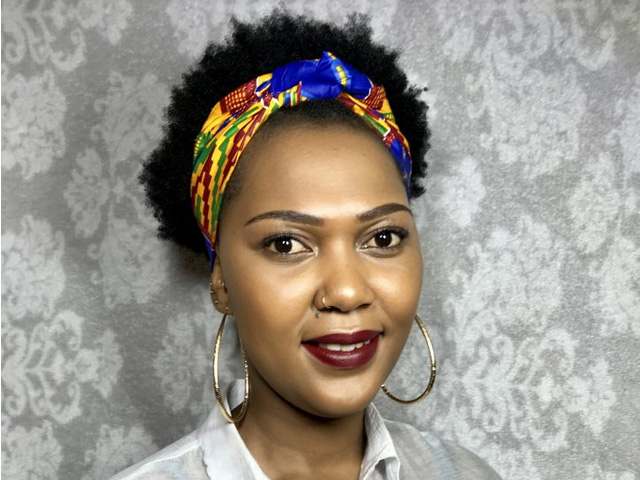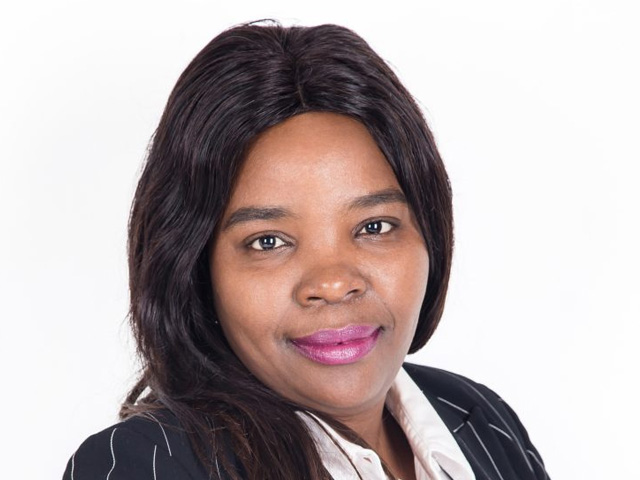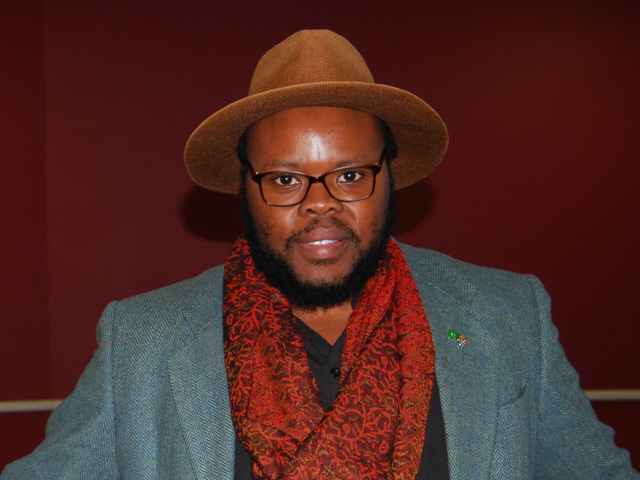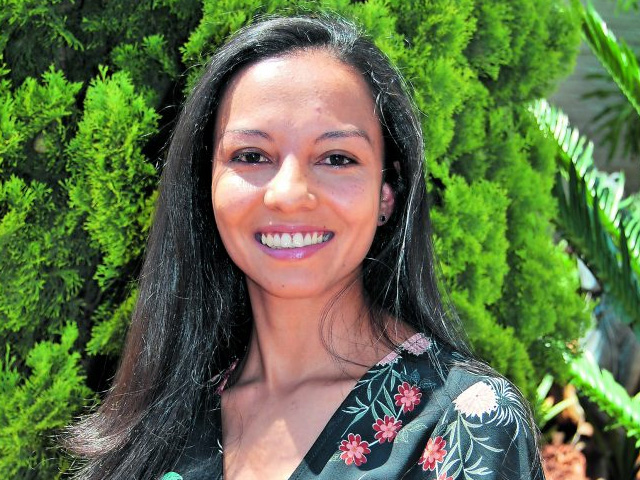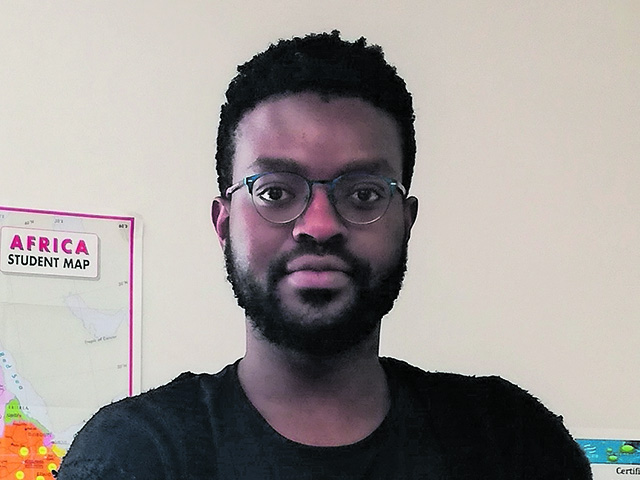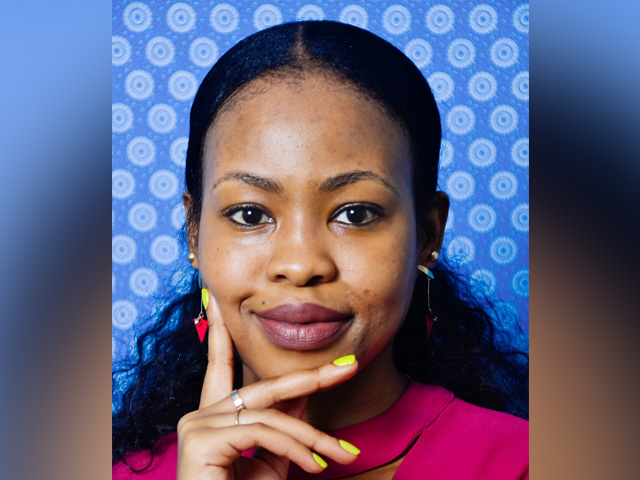“Social justice is my passion. Every project I get involved in has to be about empowering people and challenging assumptions about race and gender,” says Dr Preya Pillay. “Gender transformation is important for social cohesion and social justice to the perceived ‘others’.”
Pillay is based at the University of Free State, where she lectures curriculum studies and social justice education. Her research interest is school curricula, specifically commerce textbooks, to unveil ideologies of about how instructional materials shape representations of sexuality and gender. In her downtime she presents seminal talks in rural schools around the Free State on issues of social justice and empowerment.
Pillay studied at the University of KwaZulu-Natal, completing a Bachelor of Education in 2010. She subsequently did an honours and master’s in education. In 2014 she was granted the National Institute for the Humanities and Social Sciences Doctoral scholarship. Pillay’s PhD examined the constructions of gender in business studies textbooks used in four Southern African countries, revealing that management and entrepreneurship is scripted almost exclusively in favour of men.
“Gender norms embedded in patriarchy continue to be reproduced through exclusion and choices of inclusion. Thus a move towards a gender inclusive curriculum continues to remain a pipe dream.”
During the three years of her PhD studies she presented her research at various conferences, both internationally and locally. Last year she also presented a paper from her PhD at the world’s largest education research conference — American Education Research Association — in Texas, USA. She has also been invited to the Georg Arnhold International Summer School, which will take place in July in Braunschweig, Germany.
Her pedagogy is informed by a quest for commerce education which is socially just and more relevant. “My research argues that as teachers committed to educating students, we need to learn more about how instructional materials shape representations of sexuality and gender. Through insistent deconstruction of the norms that structure practice and belief, critical discourse analysis offers perspectives from which commerce educators and textbook writers can question assumptions embedded in textbooks.” — Rumana Akoob
